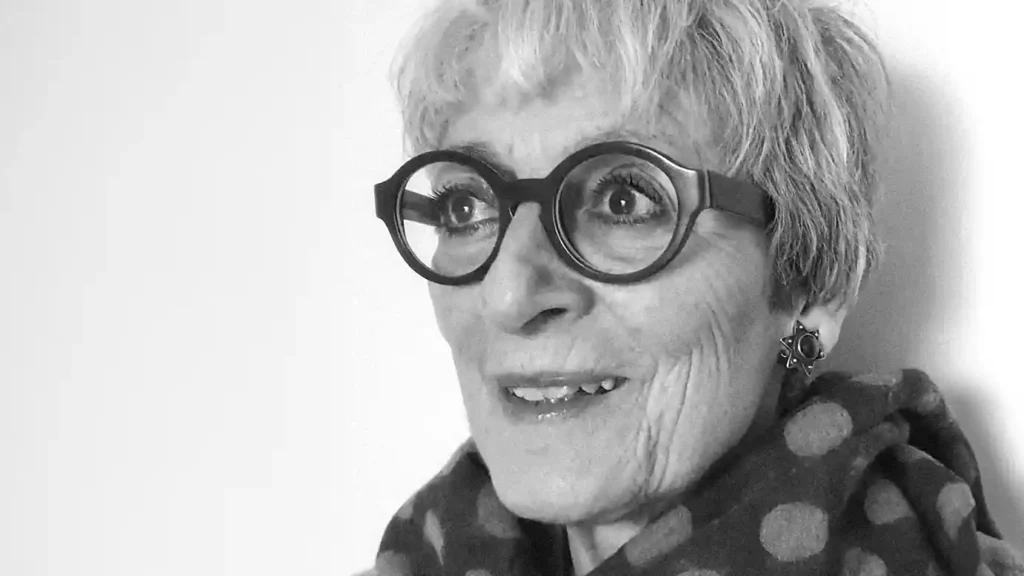ABOUT THE AUTHOR

Birte Kont was born in 1948 in Copenhagen.
She attained her Master’s degree in Comparative Literature Studies in 2001 from Copenhagen University.
She wrote her Master’s thesis on Franz Kafka.
She has participated in, among other things, The Kafka’s Matliary Festival in 2008 in Slovakia in which she gave lectures and in the Kafka Marathon in Literaturhaus in Copenhagen in 2008 and 2009.
She is the Former editor-in-chief for the Danish-Jewish journal Jødisk Orientering.
She is a member of the board for Fiction Writers and the contact person for Female Writers in the Danish Writers guild.
She is the Co-organizer for the Jewish Film Festival at Cinemateket (The Danish Film Institute) in Copenhagen.
She debuted in 1994 as a children’s author with ”Whoever Whispers Lies: A Tall Tale from the Days When There Were Still Trolleys.”
Kafka’s Guilt Identity: a Modern Jewish Skeptic Wrestles with the Law was published in 2002.
She debuted as a fiction writer in 2011 with the novel A Place Nowhere.
She received a work grant in 2000 and in 2003 from the Danish Arts Council (in Literature) for cultural essay writing.
She received a work grant in 2012 from the Danish Arts Council for fictional writing.
My view on literature and language is colored by the views of the Russian man of letters and cultural analyst Mikhail Bakhtin (1895-1975). Bakhtin defines language as an ”event” that incorporates linguistic, cultural and social elements from the outside world. Here, the values of human life play out against those of society within a specific historic framework. Hence, language is a world view.
My view of language and the world, and gender, is inspired by the author and feminist Virginia Woolf (1882-1941). Woolf sees language as an expression of a male world view in which a female author can be heard and experienced as a linguistic and cultural construction, a construction that is also the main focus of a number of various viewpoints.
I am interested in the area of study in which literary theory and psychoanalysis overlap. Despite the fact that good literature tends to lay the foundation for its own reality, it nevertheless continues to emerge through a language written by individuals who inhabit the world.
Though my long-standing and innovative work with Franz Kafka (1884-1924) is an area of itself, it is still very much connected to the other themes I have dealt with.
Working with Kafka’s authorship has, specifically when seen from the point of view of the minority, given me a certain insight in terms of finding new and more skewed perspectives upon that which is otherwise considered familiar and vice versa.